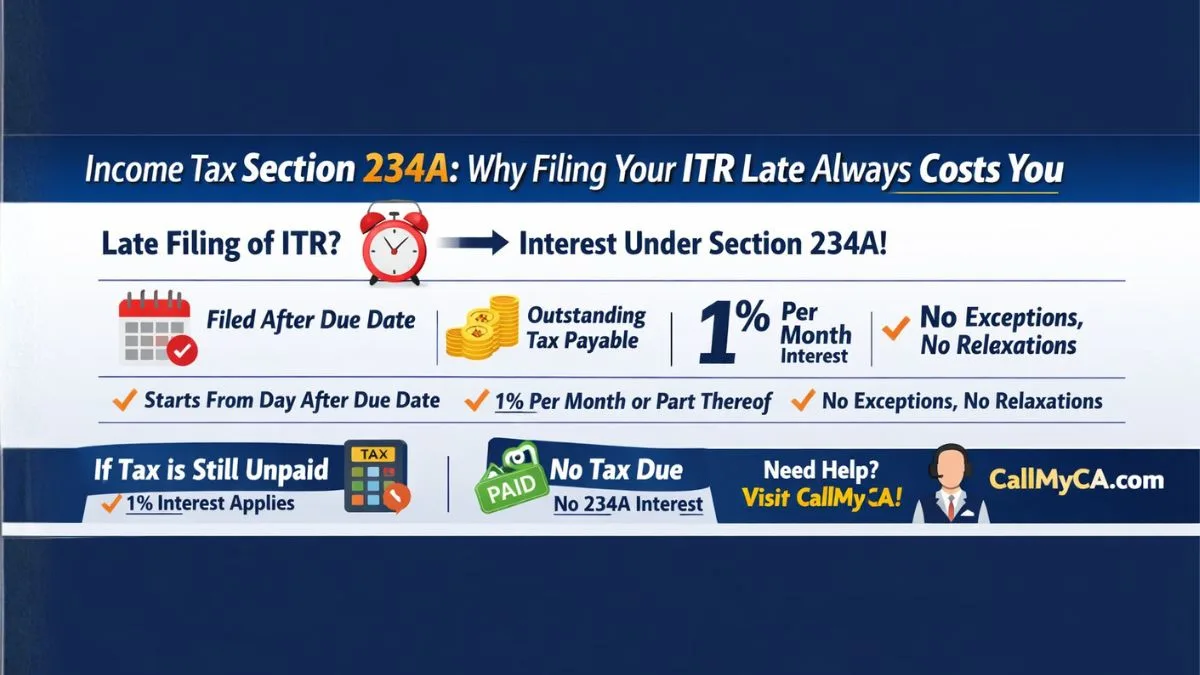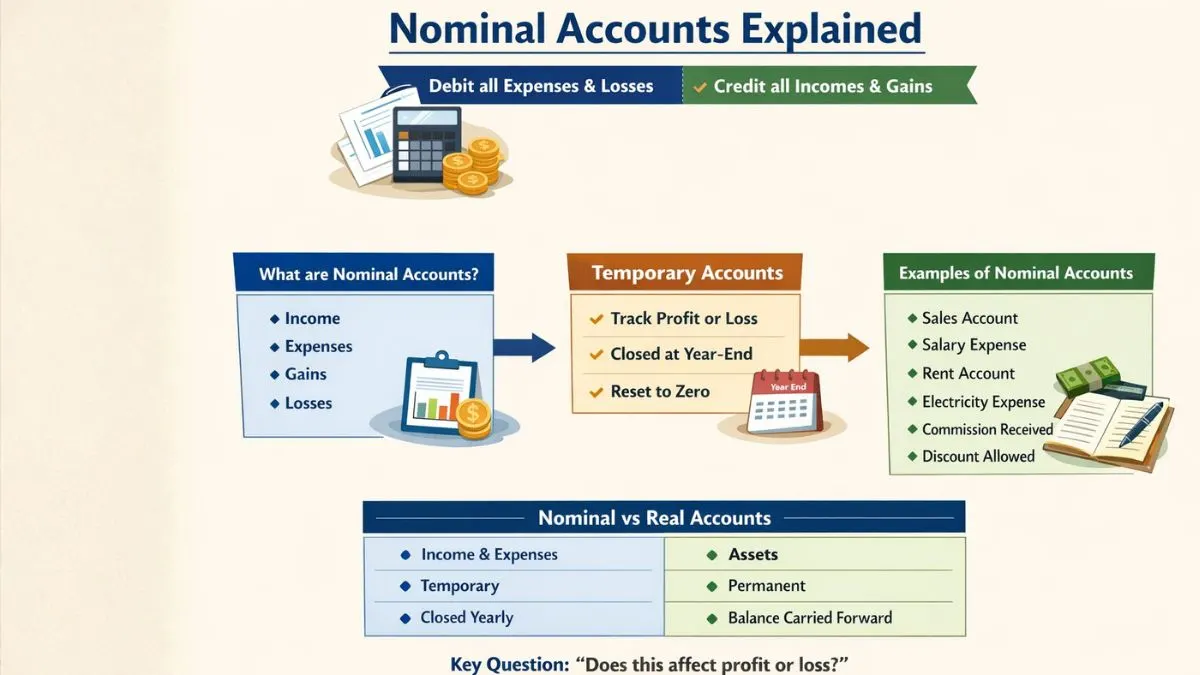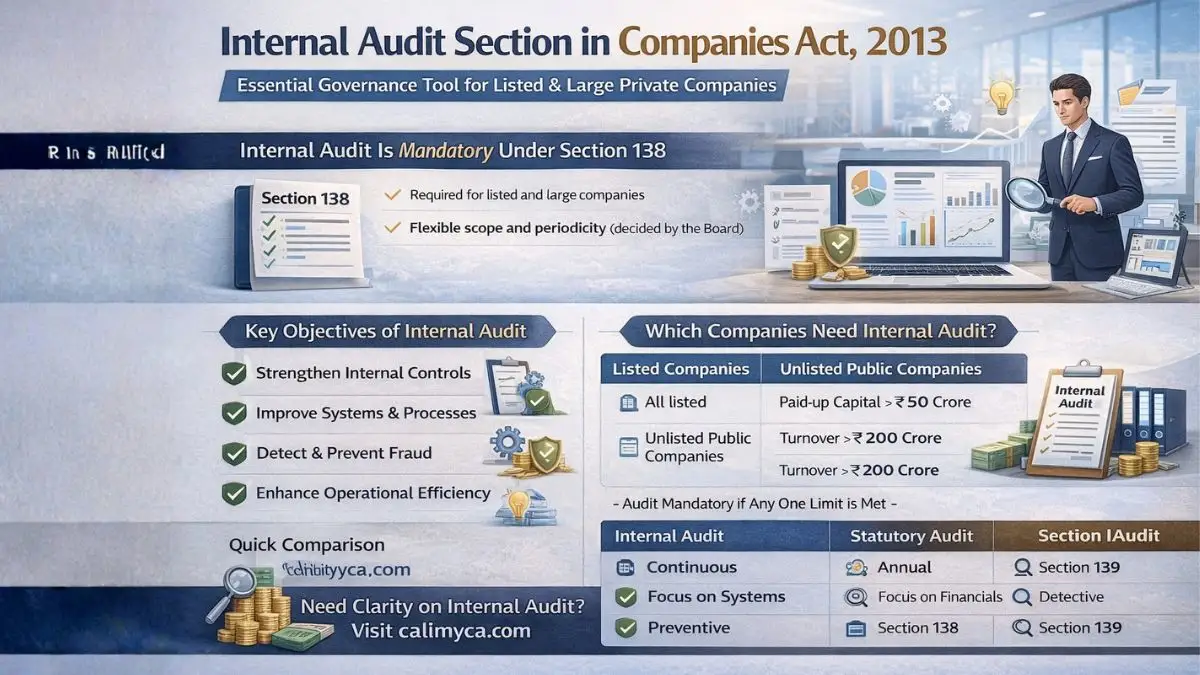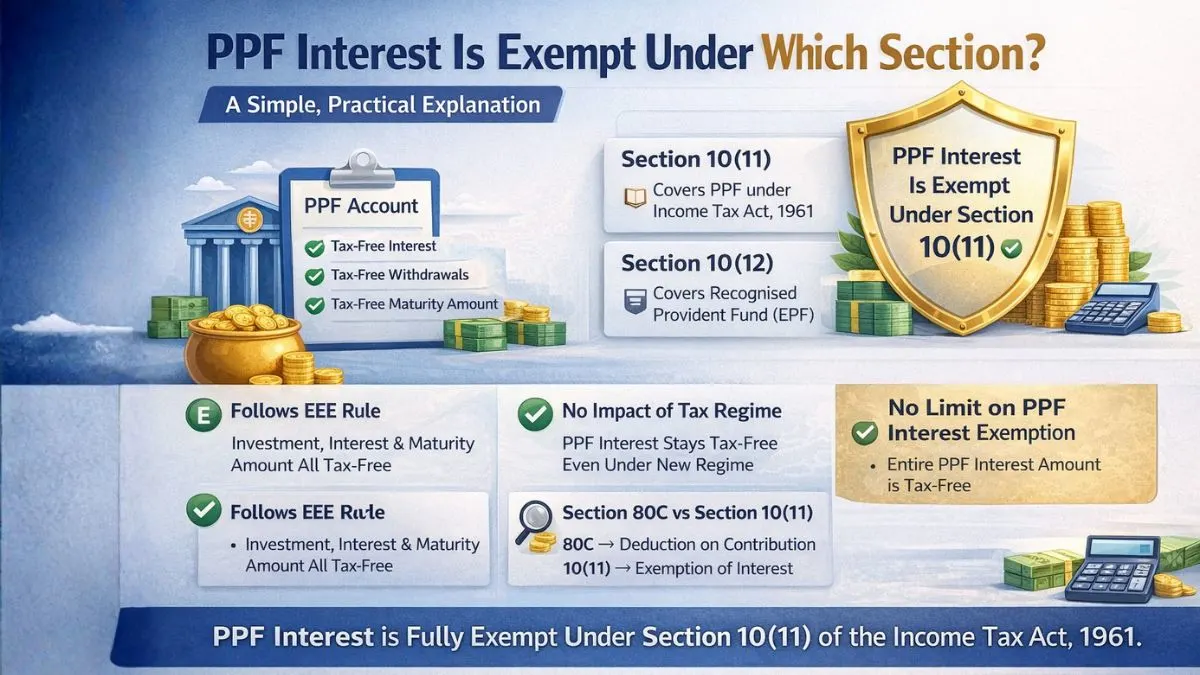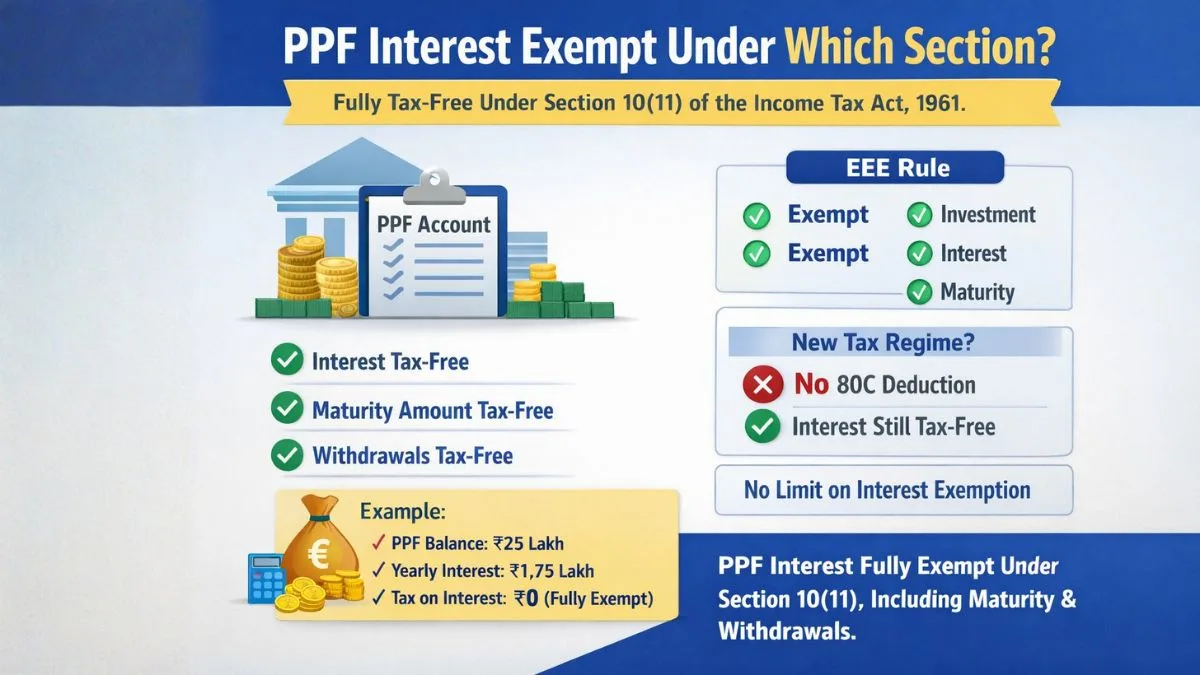
Whenever you sell a property, shares, bonds, gold, or any other investment for a price higher than what you paid for it, the profit is not just money in your pocket—it’s taxable income. Under the Income Tax Act, this profit is known as Capital Gains.
Capital gains arise if a person transfers a capital asset and makes a profit. In simple words, it is the profit realised on the sale of a non-inventory asset. Since it is not business income, the law specifically covers it under a separate head: Income from Capital Gains.
Capital gains taxation is one of the most important parts of tax planning because it provides one view of your investment performance and helps you make better decisions about when to sell and how to reinvest.
What are Capital Gains?
As per the Income Tax Act, profits or gains arising from transfer of a capital asset are called capital gains.
- If you buy land for ₹10 lakh and sell it for ₹20 lakh, the ₹10 lakh profit is your capital gain.
- If you sell shares, gold, or property at a higher price than you bought it, that difference is also your capital gain."
Thus, capital gain is essentially the profits that are realized by selling an asset that is not held as inventory in the normal course of business.
What is a Capital Asset?
A capital asset includes property of any kind held by a taxpayer, whether or not it is connected with their business. It can be:
- Land and buildings
- Shares & securities
- Mutual funds
- Gold, jewelry, or valuable collectibles
But it does not include stock-in-trade, consumable stores, or personal effects (like clothes or furniture used at home).
Also Read: Long-Term Capital Gains Tax on Shares and Equity Mutual Funds
Types of Capital Gains
Capital gains are classified into two categories depending on the period of holding:
- Short-Term Capital Gains (STCG)
- When a capital asset is held for a short period (up to 36 months for property, 12 months for shares/equity mutual funds), the profit from sale is short-term capital gain.
- As per the law, short term capital gains are taxed at 20% (though in some cases like equity shares where STT is paid, the tax rate is 15%)."
- Long-Term Capital Gains (LTCG)
- When a capital asset is held for a longer period (more than 36 months for property, more than 12 months for shares/equity mutual funds), the profit from sale is long-term capital gain.
- Long-term gains generally attract a lower tax rate with the benefit of indexation.
This classification helps in determining how much tax you need to pay & whether you are eligible for exemptions.
When Do Capital Gains Arise?
Capital gains arise if a person transfers a capital asset. Transfer includes:
- Sale of an asset
- Exchange of an asset
- Relinquishment of rights in an asset
- Compulsory acquisition by the government
Therefore, whenever there is a transfer of ownership, capital gains come into play, & tax liability is triggered.
Taxability of Capital Gains
Capital gain tax is essentially the amount you pay on profits from selling an asset.
- For short-term capital gains, the tax rates are higher because the government discourages frequent trading for profit.
- For long-term capital gains, concessional tax rates are applied to encourage long-term investments.
This taxation ensures fairness and also motivates people to plan their investments better.
Also Read: Short-Term Capital Gains Tax on Equity Shares & Mutual Funds
Example of Capital Gains Calculation
Suppose you bought shares worth ₹2,00,000 and sold them for ₹2,80,000 within 10 months. The profit of ₹80,000 is a short-term capital gain. As per current rules, it will be taxed at 15%.
If instead you sold them after 15 months, the ₹80,000 becomes long-term capital gain. In that case, tax rules are different & exemptions under sections like 54, 54F, or 54EC may apply.
Why are Capital Gains Important?
- Shows Investment Growth: Capital gains provide one view of your investment performance.
- Helps in Wealth Planning: Knowing when to sell helps in managing wealth effectively.
- Tax Planning: With exemptions and indexation benefits, you can reduce your tax outgo.
- Encourages Long-Term Holding: Tax laws favor long-term investments, ensuring financial stability.
Exemptions Available on Capital Gains
Certain exemptions are available to taxpayers if the profit is reinvested:
- Section 54: Exemption on sale of residential property if gains are reinvested in another house.
- Section 54F: Exemption when gains from assets other than house property are reinvested in a house.
- Section 54EC: Exemption if gains are invested in specified bonds.
These exemptions reduce the burden of tax paid on profits from selling an asset.
Common Mistakes Taxpayers Make
- Assuming all capital gains are taxed at the same rate.
- Forgetting to claim exemptions under the relevant sections.
- Not maintaining proper records of purchase & sale."
- Misclassifying assets between short-term and long-term.
These errors can lead to higher tax liability or even penalties.
Also Read: Long-Term Capital Gains (LTCG) Tax Demystified
Conclusion
To summarize, capital gains are profits or gains arising from transfer of a capital asset. They represent the profits realised on the sale of a non-inventory asset & are taxed under a separate head of income.
While short term capital gains are taxed at 20%, long-term gains come with specific benefits and exemptions. These gains arise if a person transfers a capital asset and make sure that taxes are paid on profits from selling an asset. Since they provide one view of your investment performance, understanding them is vital for smart investing and tax planning.
👉 Want to maximize your tax savings and avoid errors in reporting capital gains? Let our experts at Callmyca.com help you file your ITR smartly. Book your consultation today—it’s fast, simple, & click-worthy!

